NEUROLOGY FOCUS
Diagnostics and therapies for the head and nerves.
- Headaches
- Migraine
- Stroke
- Epilepsy
- Sleep disorders, sleep medicine
- Muscle and nerve diseases
- Back pain
- MS (Multiple Sclerosis)
- Dementia
- Parkinson's disease
- Dizziness
NEUROLOGY IN THE CENTER
We offer diagnostics and therapy for the entire spectrum of neurology, including the treatment of common neurological conditions such as dementia, epilepsy, Parkinson’s, multiple sclerosis, dizziness, meningitis, and strokes. A particular focus of our neurology practice is the therapeutic treatment of headaches. Patients benefit from our extensive experience in this field, with 2,000 consultations conducted annually.
HEADACHES & MIGRAINE
Headaches are among the most common health issues: Around 4-5% of the population suffer from daily headaches, and about 70% experience episodic or chronic headaches. We thoroughly examine, diagnose the correct type of headache, and treat you with the latest methods.
STROKE
A stroke often changes a person’s life completely, as it can lead to speech disorders, visual impairments, or paralysis. In addition to quick emergency care, early rehabilitation is necessary to reduce long-term damage.
Typical symptoms include:
- Speech and language disorders
- Drooping mouth corners
- Visual disturbances
- Paralysis on one side of the body
- Numbness on one side
Diagnostics:
- Ultrasound of brain-supplying arteries (Doppler/duplex sonography)
- CT and MRI scans of the brain (including brain-supplying vessels)
- Catheter examinations of brain vessels
- Long-term monitoring of heart rhythm and blood pressure, as well as all cardiological diagnostic methods
Therapy:
Including:
- Systemic and local thrombolysis
- Interventional thrombectomy
- Hemicraniectomy
- External ventricular drainage
MS (MULTIPLE SCLEROSIS)
Diagnosis:
Multiple sclerosis usually begins in young adulthood and can present in many ways. With new diagnostic criteria, MS can be detected at a very early stage. However, a thorough examination is necessary to rule out other causes.
Therapy:
Early treatment can delay disease progression and the onset of disabilities. For more severe cases, new medications are being developed that require intensive monitoring.
The Neurology Clinic at Krankenhaus Nordwest is one of the largest acute neurology centers in Germany. As multiple sclerosis affects various aspects of life, a multidisciplinary team (MS nurses, social and psychological support, physiotherapy) is available to assist you.
EPILEPSY
Epilepsy ("seizure disorder") is one of the most common temporary brain function disorders. It is characterized by seizures, where brain cells (neurons) fire impulses synchronously and uncontrollably for a short time.
A seizure can vary in severity, and so can its effects. Some patients experience mild twitching or tingling in specific muscles, while others may briefly "zone out." In the worst cases, there can be a full-body convulsion and temporary loss of consciousness.
MENINGITIS
The cause of meningitis is usually bacteria or viruses. The characteristic symptoms are headaches, neck stiffness, and fever. A definitive diagnosis is made via lumbar puncture. Treatment depends on the cause. Vaccinations can prevent certain types of meningitis.
PARKINSON’S DISEASE
Prevalence:
Parkinson’s disease is one of the most common neurodegenerative disorders, affecting around 10 million people worldwide. In Switzerland, there are over 15,000 cases, and this number is expected to rise. Most people are diagnosed after the age of 60, with men being slightly more affected than women.
Heredity:
In rare cases (less than 10%), the disease is hereditary and can be linked to a genetic defect.
Life Expectancy:
The life expectancy of Parkinson's patients is similar to that of healthy individuals.
What Happens in the Body:
Parkinson’s is a neurodegenerative disease that results in the progressive destruction of dopamine-producing nerve cells in the brain (substantia nigra). This dopamine deficiency leads to motor disturbances, which can be treated effectively with L-Dopa, a precursor of dopamine.
Early in the disease, nerve cells in other brain regions also degenerate, causing symptoms such as autonomic disturbances, pain, sleep disorders, and psychological symptoms, which become more severe over time.
DEMENTIA
As society ages, memory problems and dementia play an increasing role. But when do memory issues signal normal aging, and when are they early signs of dementia?
Diagnosis often comes late because patients and their families attribute the symptoms to aging. However, early detection is crucial, primarily to rule out other causes.
Causes of Dementia:
The most common form of dementia is Alzheimer’s disease, whose cause is still unknown. However, mixed forms, such as those combined with vascular disorders, are common, making detailed diagnosis essential.
Malnutrition, metabolic diseases, inflammation of brain structures, or a disturbance in the flow of cerebrospinal fluid can also cause dementia. Since these conditions are usually treatable, thorough examination of dementia symptoms is essential.
Diagnostics and Services:
- Neuropsychological testing for early detection/exclusion of pathological memory disorders
- Diagnosis of other diseases with dementia-like symptoms using EEG, laboratory, and cerebrospinal fluid diagnostics
- Counseling and therapy recommendations
- Information and education for patients and their families
Therapy:
The therapy depends on the cause and often involves medication.


















